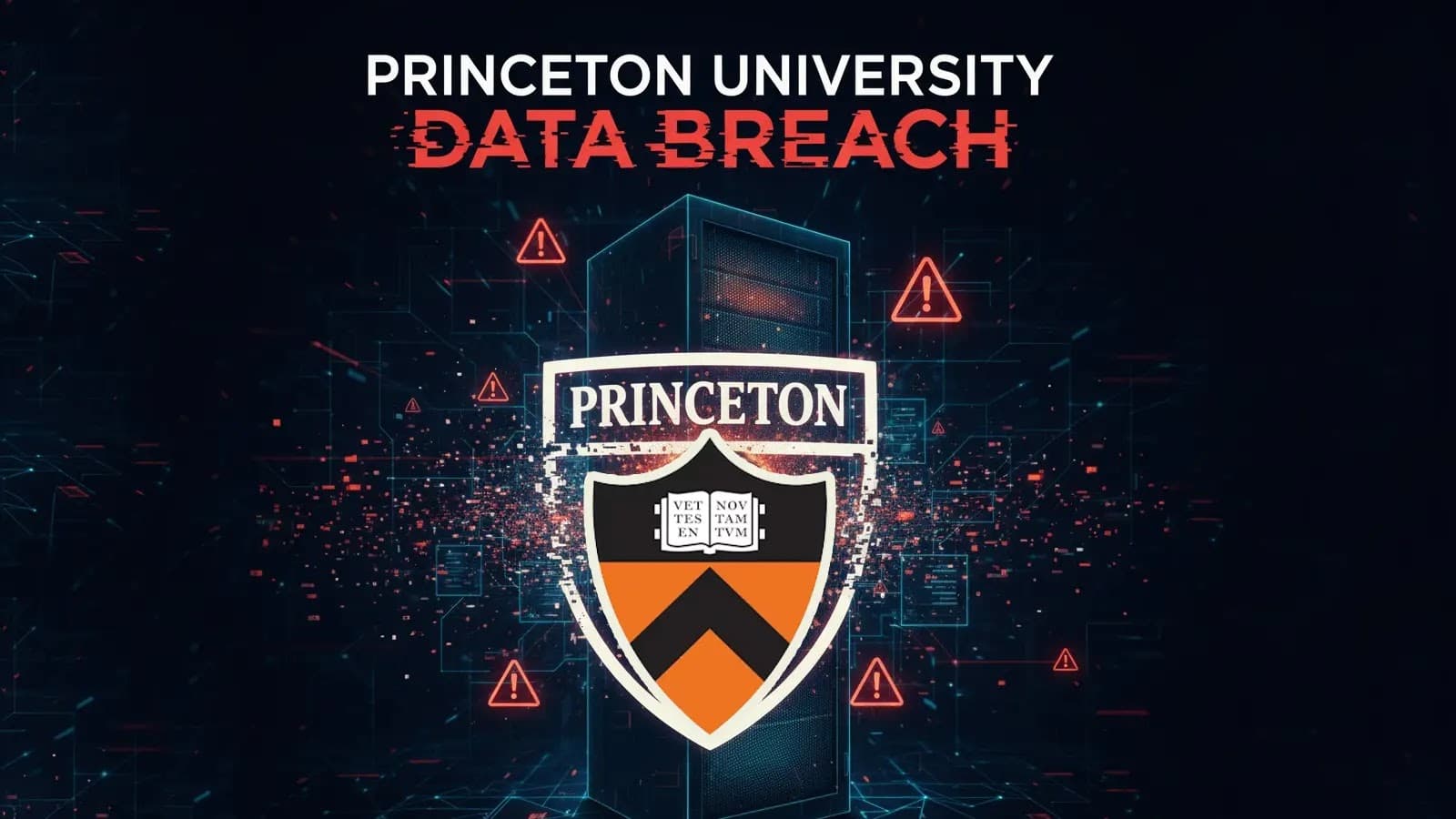Over 1 Million Records Compromised in Recent University Cyberattacks

Independent journalist Jonathan Choe recently issued a stark warning regarding the state of higher education, asserting in a social media post that "So many universities are compromised." This statement comes amidst a documented surge in cybersecurity breaches and ongoing concerns about academic freedom and foreign influence impacting American academic institutions. The sentiment reflects a growing scrutiny over the integrity and security of the nation's universities.
In a notable incident in November 2025, Princeton University confirmed a data breach affecting a database containing information on alumni, donors, students, and faculty. The compromise, initiated through a phone-based phishing attempt, exposed names, contact details, and fundraising records. University spokesperson Michael Hotchkiss stated, "we moved as quickly as possible to notify those potentially affected so they can be vigilant for potential phishing attempts."
Just weeks prior, in October 2025, the University of Pennsylvania experienced a significant cyberattack that reportedly exposed data from up to 1.2 million alumni and donor records, including internal university memos and personal information. This incident, which led to the release of thousands of documents online by those claiming responsibility, prompted an FBI investigation. Earlier in May 2025, Columbia University also reported unauthorized access to personal and academic data for over 868,000 individuals, an attack believed to be politically motivated.
These breaches underscore a broader vulnerability within the higher education sector. Experts note that universities, holding vast amounts of sensitive personal and research data, are increasingly attractive targets for cybercriminals and state-sponsored actors. The rising frequency and sophistication of these attacks highlight the urgent need for enhanced cybersecurity measures and increased investment in digital defenses across academic institutions.